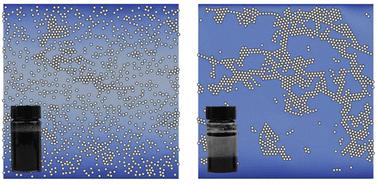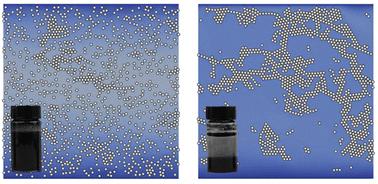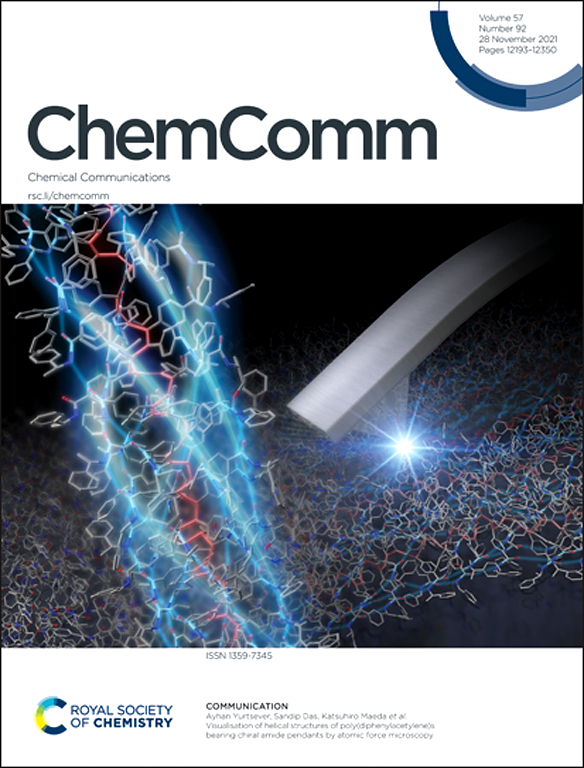增强流动电容去离子的碳粒子聚集
IF 4.2
2区 化学
Q2 CHEMISTRY, MULTIDISCIPLINARY
引用次数: 0
摘要
流动电极电容去离子受粒子动力学控制,粒子动力学受表面性质和流动条件的强烈影响。该研究表明,表面电荷较低的碳颗粒更快地聚集成更大的簇,显著提高了海水淡化率,并实现了90%以上的电流效率,为推进电容去离子系统提供了指导。本文章由计算机程序翻译,如有差异,请以英文原文为准。


Carbon particle aggregation for enhanced flow capacitive deionization
Flow electrode capacitive deionization is governed by particle dynamics, which are strongly influenced by surface properties and flow conditions. This study shows that carbon particles with lower surface charge aggregate more rapidly into larger clusters, significantly enhancing desalination rates and achieving current efficiencies above 90%, offering guidance for advancing capacitive deionization systems.
求助全文
通过发布文献求助,成功后即可免费获取论文全文。
去求助
来源期刊

Chemical Communications
化学-化学综合
CiteScore
8.60
自引率
4.10%
发文量
2705
审稿时长
1.4 months
期刊介绍:
ChemComm (Chemical Communications) is renowned as the fastest publisher of articles providing information on new avenues of research, drawn from all the world''s major areas of chemical research.
 求助内容:
求助内容: 应助结果提醒方式:
应助结果提醒方式:


